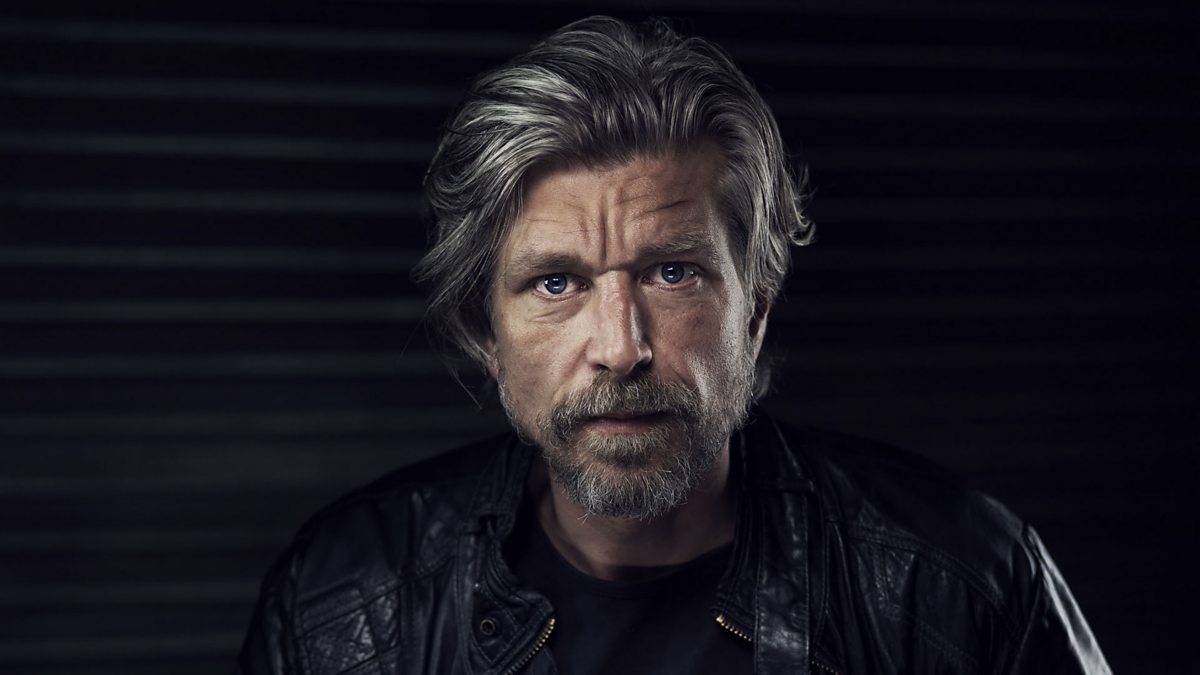

When we get to Jostein, a middle-aged, alcoholic arts journalist who passes out drunk twice before bedding a young artist he has badly insulted, it feels like a nadir in a book that does not to know what it needs to be. The men are largely awful to the women the women lack agency.

This would be less of a problem if the characters were more defined, but they are largely interchangeable. They have different names, different purposes and characteristics, but the prose is rigorously, unbendingly that of Knausgaard. Men and women, young and old, speak with the same voice: they ‘slurp’ their tea or coffee or beer they light ‘fags’ they tell you what music they are listening to they overuse one-sentence paragraphs they ask a lot of rhetorical questions they have interesting conversations pertaining to the key themes of the book. While there are some brilliantly distilled scenes - a daughter talking to her infirm mother, a man unnerving a priest at an airport - it becomes clear that the narrator of each section will not be distinguished by their writing style. The arrival of the star does change the dynamic of this familiarity, but not enough to feel that any new ground is being staked out. In fact, Arne, the narrator of the opening section, is so similar to ‘Knausgaard’ it is both comforting and disappointing. A couple of pages in, however, and it’s clear we are back squarely in the rhythms of domestic life that dominated My Struggle. With its biblical allusion title and occult MacGuffin (a new star has mysteriously appeared in the night sky over Norway), the book suggests Knausgaard has returned to his interest in divinity, one he explored in his second novel, A Time to Every Purpose Under Heaven. Which is why The Morning Star, Knausgaard’s return to the novel after an almost decade-long break, is both fascinating and frustrating.

It’s the kind of work that casts a long shadow any fiction that follows, the author knows, is in communion, and competition, with that momentous work. Karl Ove Knausgaard’s My Strugglesequence is one of this century’s great projects: an intimate epic in which the overriding obsessions of our times - identity, gender, the meaning of truth - play out through six maddeningly detailed, curiously compelling autofictions.


 0 kommentar(er)
0 kommentar(er)
